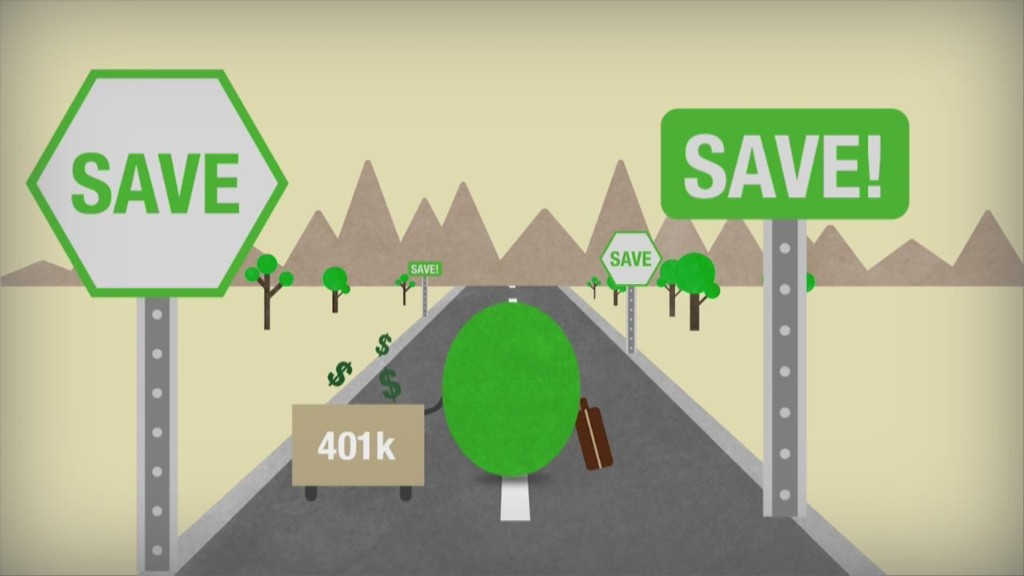
Getting to retirement early is a complex mash-up of what you earn, what you save and how you invest.
Just like the retirement moves you make as a school custodian earning $25,000 a year will be different from an anesthesiologist earning $280,000 a year, the moves you make as a 20-something will be different than someone starting a 40.
But given the right mixture of resources and determination, you may be able to get to early retirement whether you start at 20 or 40, says Chris Reining, who left work at 37 after achieving financial independence.
Clearly, "early" for someone starting at 23 will be different than someone starting at 43. And Reining cautions that early retirement isn't possible for everyone.
"The thing that is holding people back mostly is that they aren't earning enough money," he says. "But even those who earn plenty aren't saving. If they aren't saving they don't have money to invest. Then financial independence seems so overwhelming."
Related: How to retire by 40: 3 proven tips from someone who has
In addition to resources, getting to financial independence takes self discipline, he says, which is a muscle that needs to be flexed.
"I hear from people who make $100,000 a year over ten years, but they have nothing to show for it," he says. "They've made a million dollars but have no savings, few investments for their future. They know that if they don't make any changes, they will be in the same position a decade from now."
Here's how to right-size your life for early retirement based on your age.
In your 20's
This is the time to crush your debt, expand your earnings and start saving because the earlier you start the bigger payoff you'll get.
If you're approaching your expenses with commitment and a compelling reason to become financially independent, you may not find it hard to live with a roommate, not buy a car, move to a lower cost of living area or sock away bonuses and raises as if you never received them, says Reining.
Those are some of the hard choices people who flame out on financial independence are not willing to make.
In your 30's
Best case scenario, you're entering your 30's having expanded your earnings and built up some savings in your 20's.
But even if you've done neither, some big life expenses can come at you. And that's to say nothing of student debt that may still be lingering.
Many people their 30's will be getting married, having children, or buying a house. While there's no reason to avoid those life milestones, each of those expenses can be dialed up or down, says Reining.
As a couple you may opt to mark your wedding in an understated way and put the $10,000 you might have spent on it into investments. The cost of children is dominated by child care expenses. As you're looking at where you might live and work, opting to be close to family who can help, even part time, with child care can dramatically cut costs.
When looking for real estate, Reining suggests taking the long view.
"Get rid of the notion of a 'starter house,'" he says, "because that implies you're going to move up. Instead find a house you'd be willing to live in for 20 or 40 years."
In your 40's
"Sadly, you can't get in a time machine and go back to your 20's and tell your 25 year old self to start saving and investing," says Reining.
Is it too late?
No, says Reining, because even if you're 40 and you haven't done much, you still have 20 years left to work. You can close that gap by meeting the maximum retirement fund contributions, taking advantage of any "catch up" provisions and setting aside a larger percentage of your salary. It may feel like a traditional retirement, but could come a little earlier than expected.
"Throwing in the towel because you haven't started yet, is the worst thing you can do."
Are you working toward financial independence and hoping to retire early? Have you already achieved your goal? Tell us about it and you could be featured in an upcoming story on CNN.

